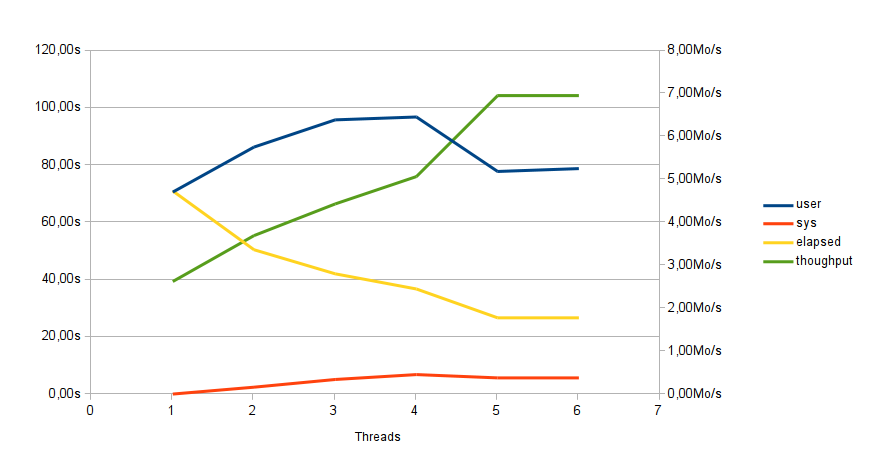After a few days of use, I can say that the Nexus 10 is quite a nice device. I was a little bit disappointed that:
- I struggled so much to login the first time using my Google account (mandatory to use the tablet). After many attempts, I could login using the browser interface (and not the native interface)
- During these attempts, I tried to change the keyboard layout, and I found myself stuck in the keyboard configuration because the button 「back」is not present at this stage (what a stupid bug). I had to reboot to try again.
- Transferring files using MTP (official way using USB) or FTP (limited by the wi-fi bandwidth) is super slow. Using ADB gave a descent 5Mo/s, but come on, using a debugging tool for such a thing is a shame
- Charging the battery takes forever if you are using the device (I even wonder if it is charging at all).
- The autonomy is not impressive
- No cover is present in the package (my EEE-PC had one for a smaller price)
- I had a complete freeze after starting Chrome once (I barely use it), and I am not the only one
- These random reboots, grrrr (lost some work)
- Sometimes, the automatic time sync get wrong by exactly 10 minutes, and the only solution is to disable it
- Some apps look really ugly on a tablet
Now the good points:
- Android 4 is really nice to use, not perfect, but really nice
- Always very responsive, it doesn’t feel like a computer or a phone but like a physical object. It always reacts immediately. That is so great not to have to wait (well, excepted for network comm). On my (fast) PC, if I start Kate, I have to wait a few seconds (wait for a text-editor to start!?). On my Android phone, switching from an app to another is sometimes slow because of the lack of memory.
- Even Firefox is fast (on my phone its start-up is slow)
- Does not come with crap like Facebook or trial apps you will never use
- The screen looks sooo great
- Voice search is fun (even if it doesn’t always work well)
- Using voice recognition (not) to type is also fun
I was a little bit sceptic at first, but I may become one of those who use their computer once in a while. Well, I will still need it to edit my Anki packets, type long emails, edit Openstreetmap, order and edit my photo, write code and things like that, but I have to admit that for the rest (browsing and reading, listening to music, endless watching pointless streaming video) the concept is fantastic (thanks Steve).

